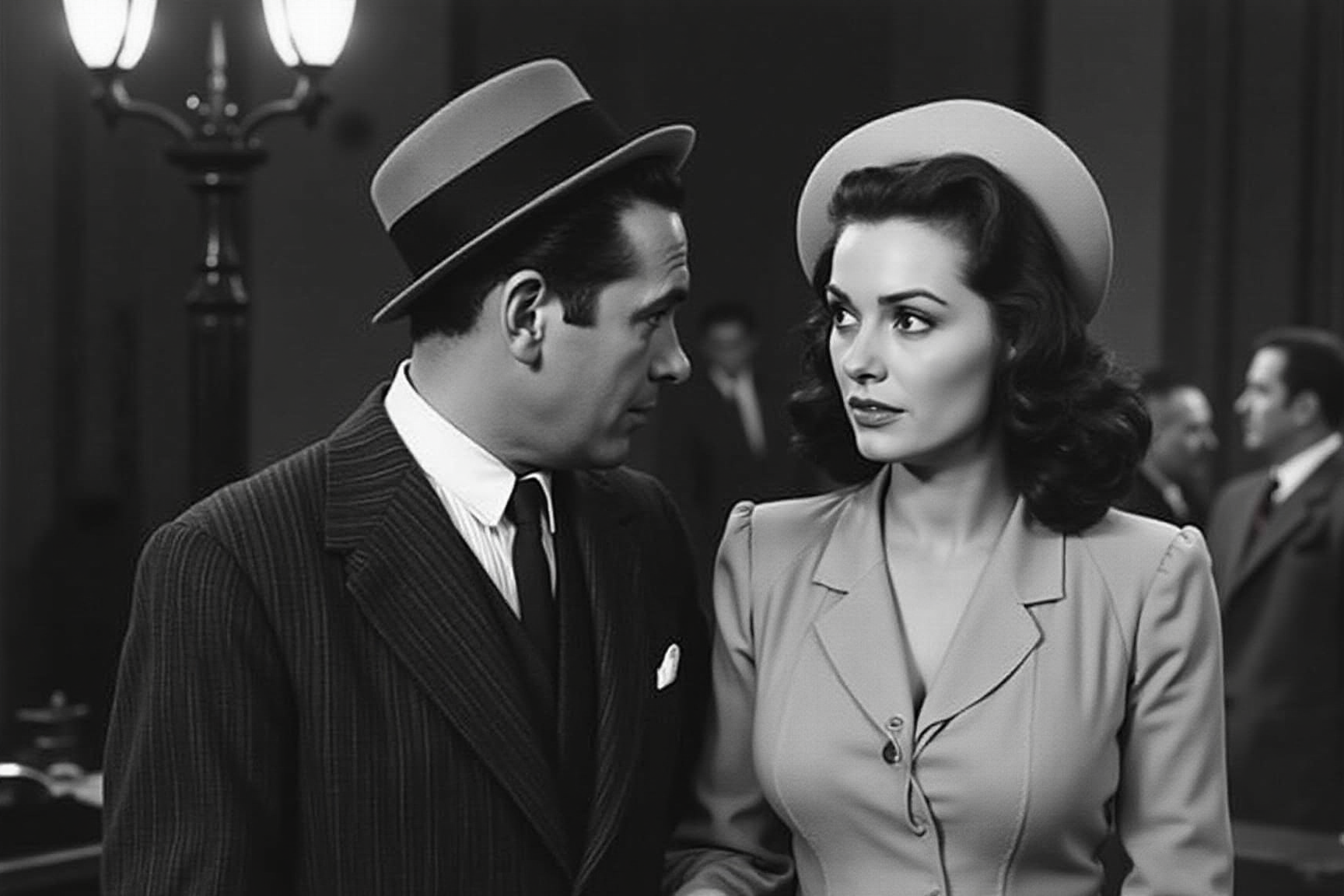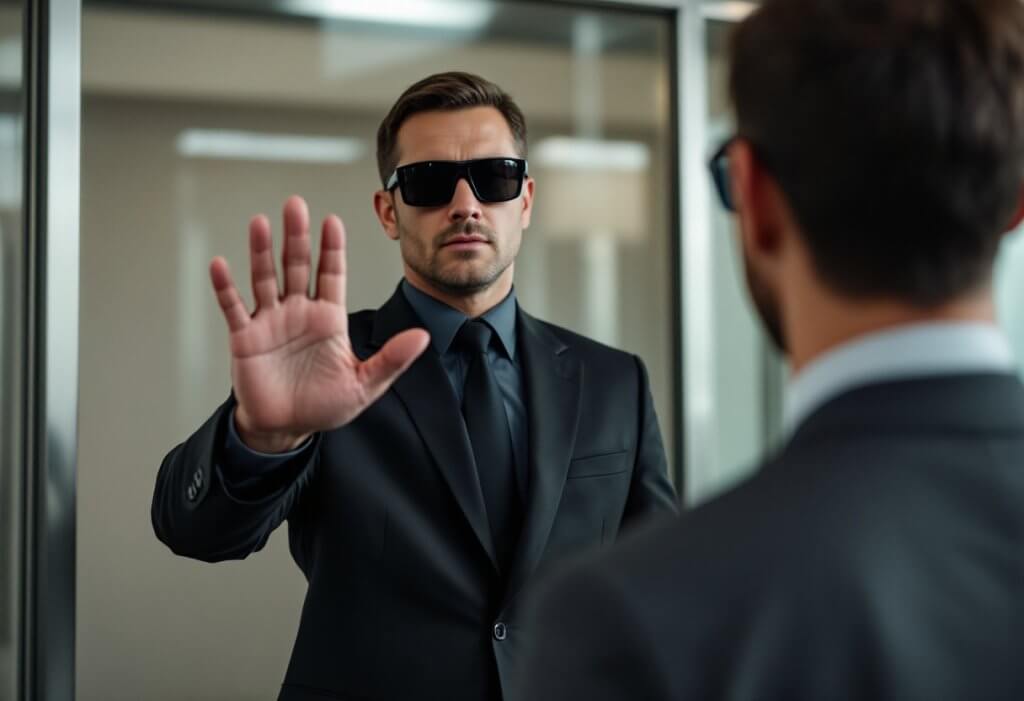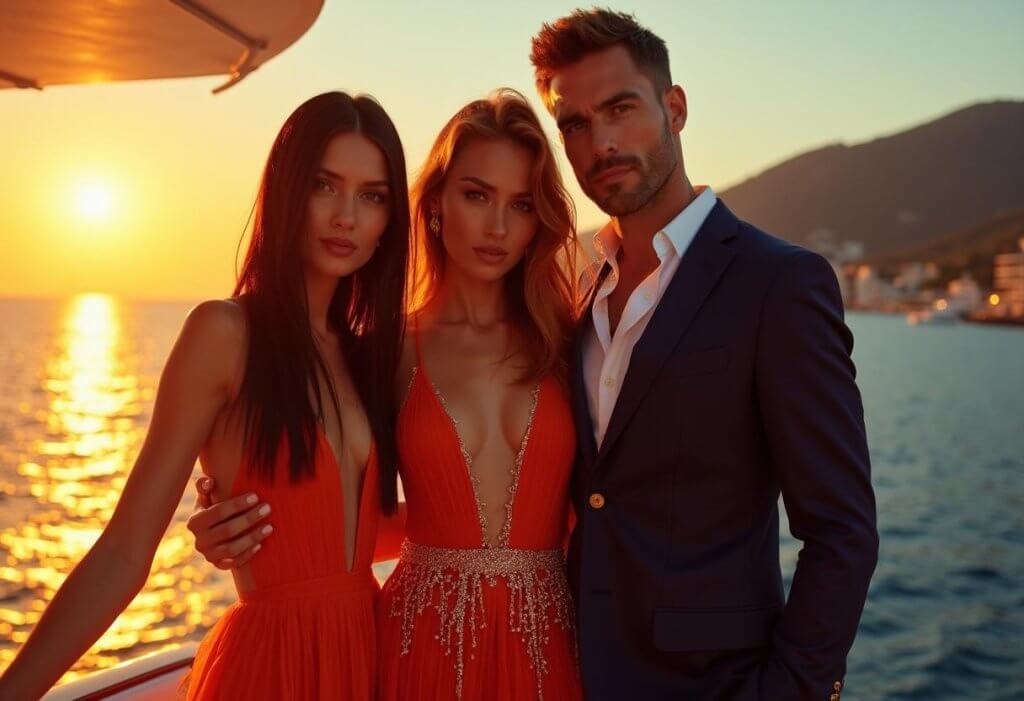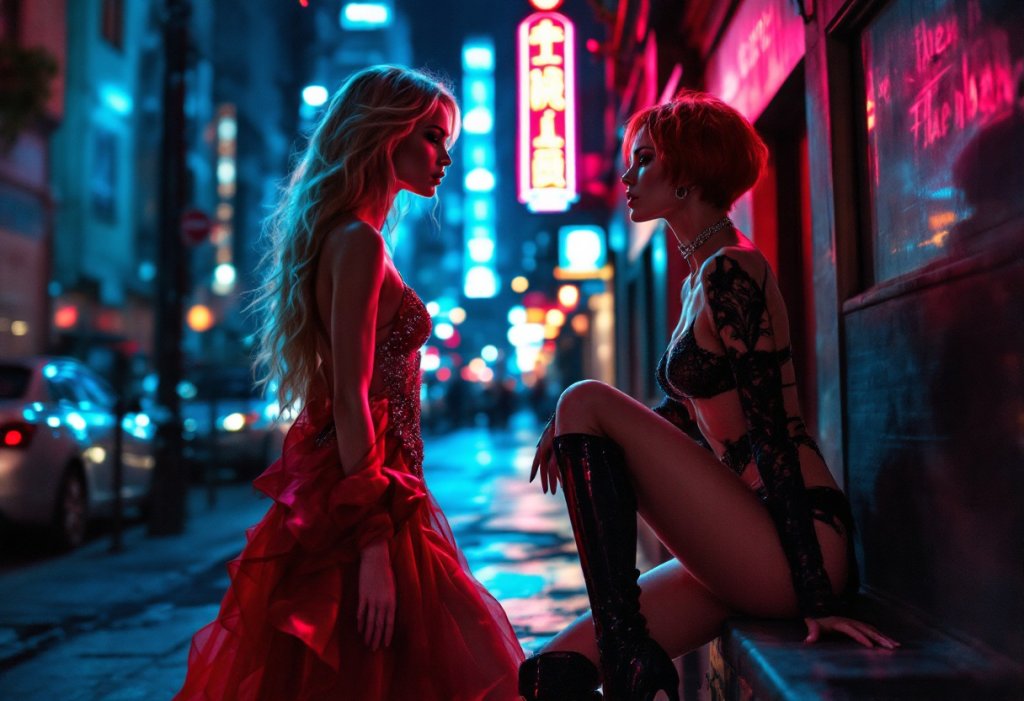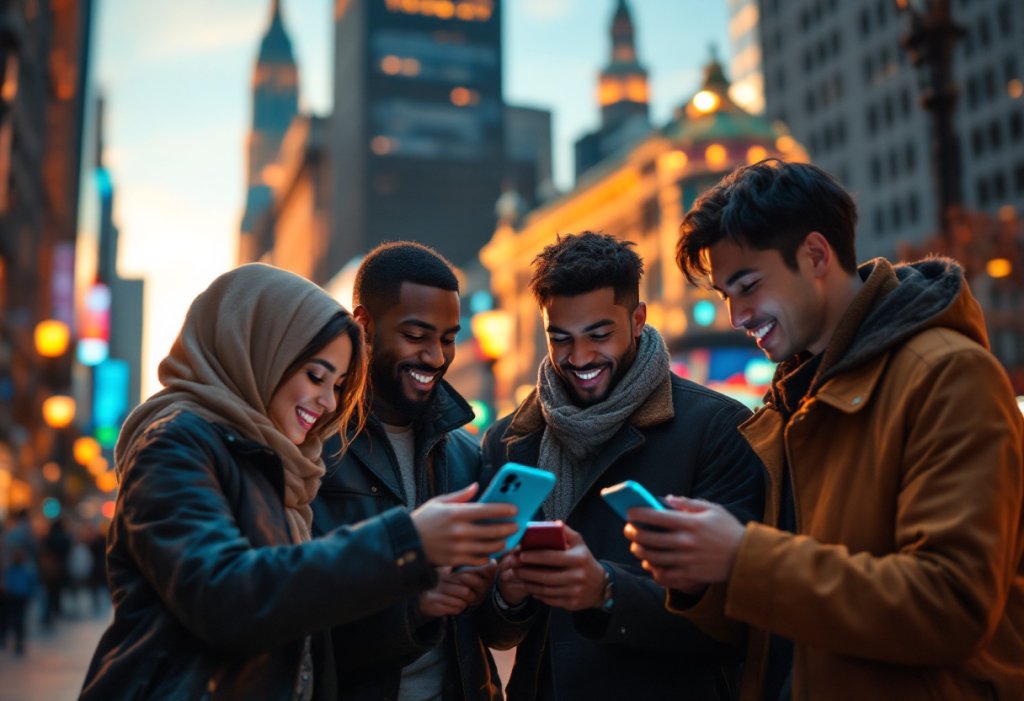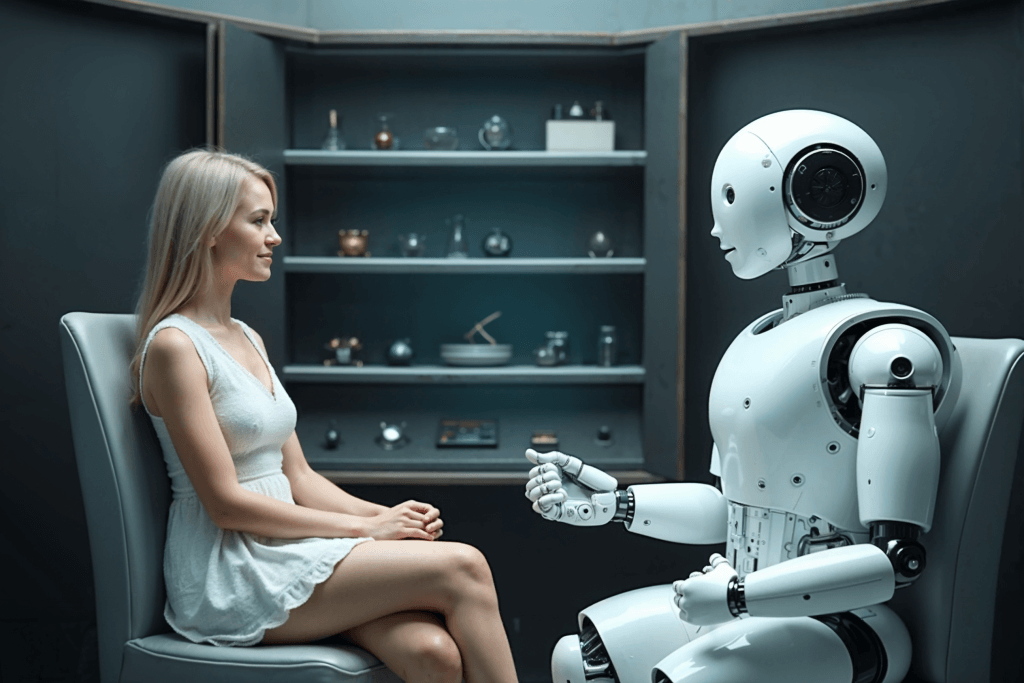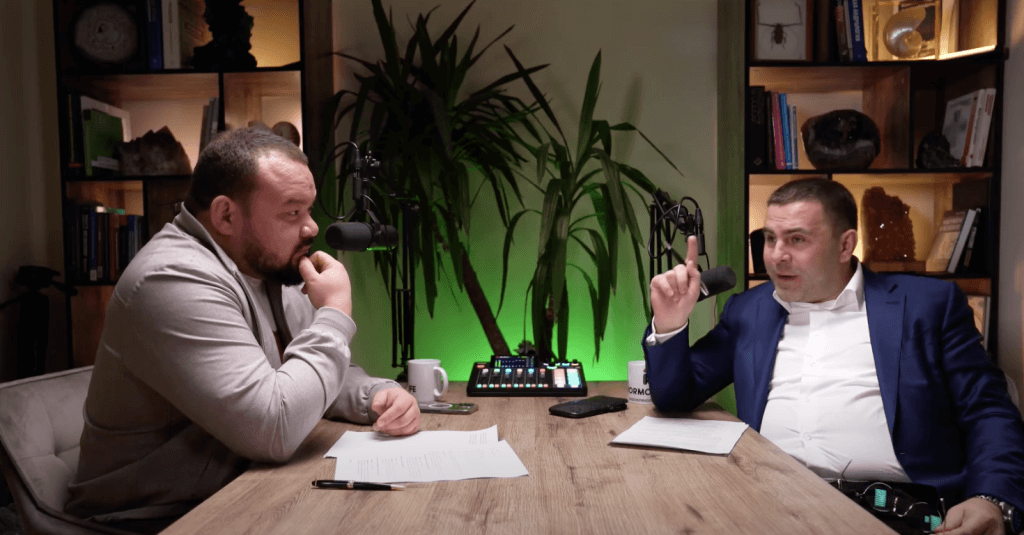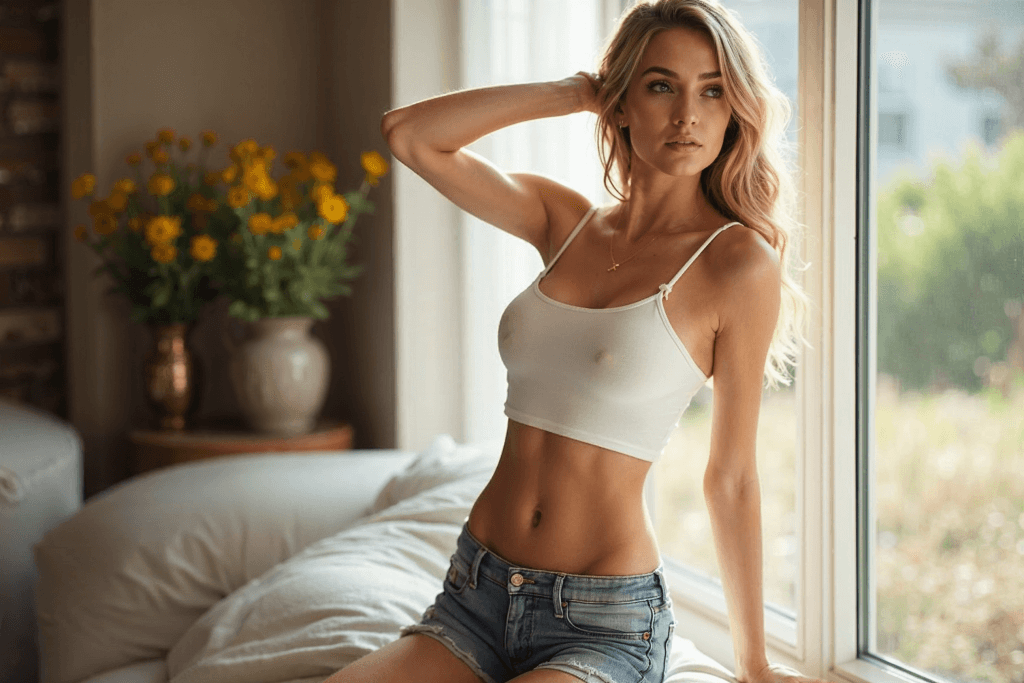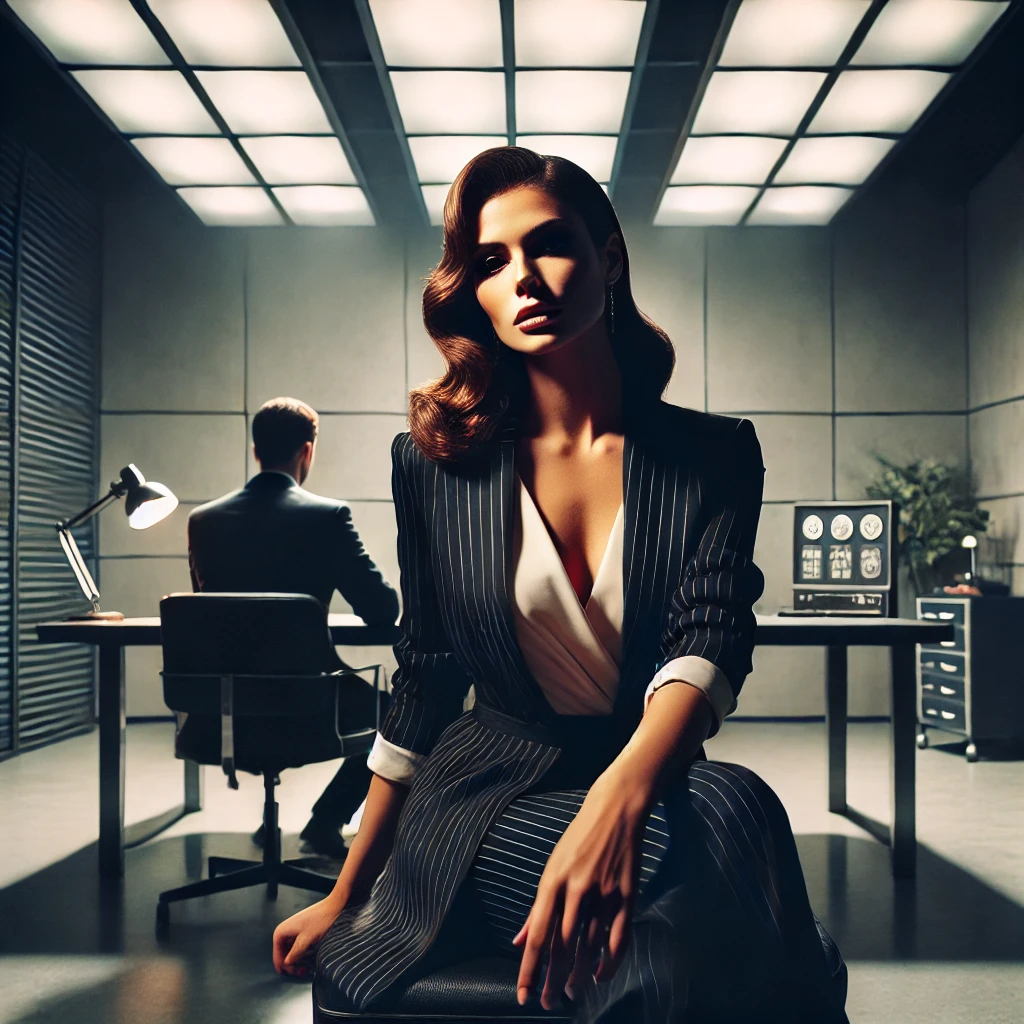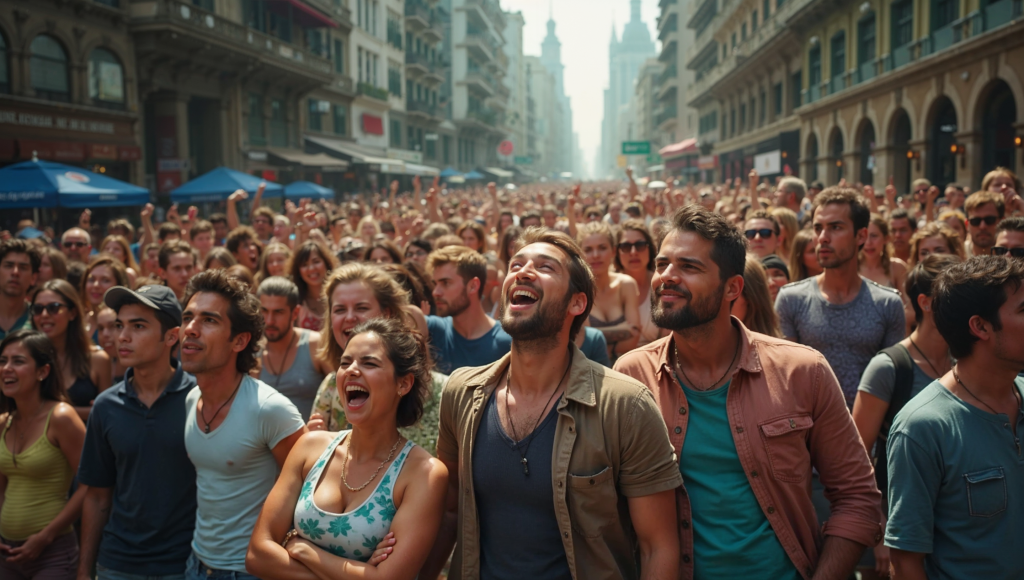Romantic movies have long captivated audiences worldwide, transcending cultural boundaries and social divides. These timeless love stories have the power to evoke emotions, inspire dreams, and leave an indelible mark on our hearts and minds. From the golden age of Hollywood to the modern era of cinematic storytelling, the greatest romantic films have become enduring classics, resonating with audiences generation after generation.
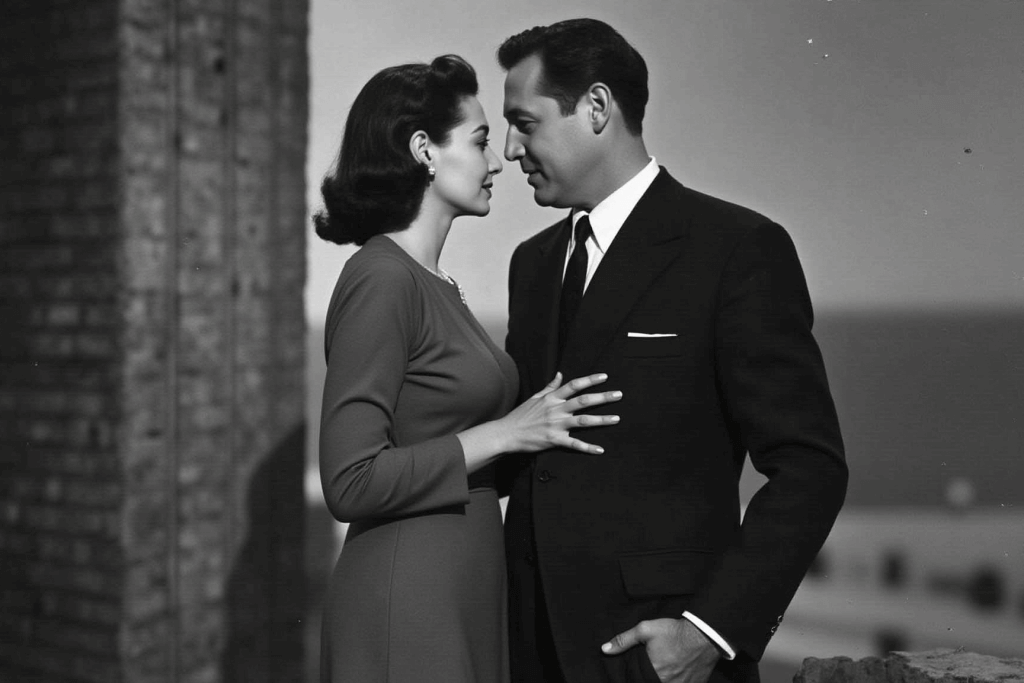
The universal appeal of romance films lies in their ability to tap into the fundamental human desire for connection, intimacy, and the pursuit of true love. Whether it’s the passionate embrace of star-crossed lovers, the bittersweet ache of unrequited love, or the triumph of overcoming insurmountable odds, these narratives have the power to transport us to a world where love conquers all. The criteria used to select the greatest romantic movies of all time often include critical acclaim, commercial success, cultural impact, and the timelessness of their storytelling.
From the poignant romance of “Casablanca” to the timeless charm of “When Harry Met Sally,” the world of romantic cinema is brimming with unforgettable tales that have captivated audiences for decades. These beloved films have not only entertained us but have also influenced the way we perceive love, relationships, and the human experience. In this article, we will explore some of the most iconic and beloved romantic movies that have stood the test of time, each with its own unique blend of charm, drama, and the power to touch our hearts.
Best Romantic Films
Continuing our countdown of the greatest romantic films of all time, we now turn our attention to the titles ranked 30 through 11. This diverse selection spans the decades, genres, and nations, showcasing the global breadth and timeless endurance of the romantic film canon.
Doctor Zhivago (1965)
David Lean’s sweeping epic “Doctor Zhivago” is a classic of the romantic drama genre. Set against the backdrop of the Russian Revolution, the film follows the life of Yuri Zhivago (Omar Sharif), a poet and physician caught in a passionate love triangle. As the political upheaval rages, Yuri is torn between his dutiful wife Tonya (Geraldine Chaplin) and his forbidden love, the beautiful Lara (Julie Christie). With its lush visuals, stirring score, and central performances, “Doctor Zhivago” is a cinematic masterpiece that has captivated audiences for generations. The film is available to stream on various platforms, allowing modern viewers to discover its timeless romantic allure.
The Way We Were (1973)
Directed by Sydney Pollack, “The Way We Were” is a sweeping romance that explores the complexities of love and politics. The film stars Barbra Streisand and Robert Redford as two vastly different individuals who forge an intense, yet tumultuous relationship against the backdrop of 1930s and 1940s America. As the political climate shifts, their contrasting ideologies and personal struggles threaten to tear them apart. With its powerful performances, memorable theme song, and bittersweet ending, “The Way We Were” has become an enduring classic that continues to resonate with audiences. The film can be found on various streaming platforms, allowing modern viewers to revisit this timeless love story.
Like Water for Chocolate (1992)
Directed by Alfonso Arau, “Like Water for Chocolate” is a captivating romantic drama with a magical realist twist. Set in early 20th-century Mexico, the film follows Tita (Lumi Cavazos), a young woman whose emotions and culinary talents are intimately linked. As Tita prepares delectable dishes, her feelings are infused into the food, affecting those who consume it. Caught in a forbidden love with her sister’s husband, Tita navigates the societal constraints of her time while exploring the power of love and the senses. With its visually stunning depictions of Mexican culture and its unique blend of romance and magical realism, “Like Water for Chocolate” has become a beloved classic in world cinema. Fans can find the film available on various streaming platforms.
Top 10 Romantic Movies
Romantic films have captivated audiences for generations, offering a glimpse into the timeless experiences of love, loss, and longing. From the golden age of Hollywood to the contemporary international cinema, the genre has evolved, reflecting the diverse cultural perspectives and cinematic styles that define the human experience of romance. In this article, we present a curated list of the top 10 romantic movies that have left an indelible mark on the genre.
The Notebook
Released in 2004, “The Notebook” is a sweeping romantic drama based on the novel by Nicholas Sparks. Set against the backdrop of post-World War II North Carolina, the film follows the decades-long journey of a young couple, played by Ryan Gosling and Rachel McAdams, as they navigate the challenges of class differences, societal expectations, and the ravages of time. The Notebook’s timeless love story, enhanced by its beautiful cinematography and haunting soundtrack, has resonated with audiences worldwide, cementing its status as a modern classic.
Monsoon Wedding
Mira Nair’s “Monsoon Wedding” is a vibrant and heartwarming exploration of love, family, and cultural traditions. Set during the preparations for a lavish Indian wedding, the film weaves together the stories of various characters, each grappling with their own personal and romantic entanglements. Blending humor, drama, and stunning visuals, Monsoon Wedding offers a unique perspective on the complexities of modern relationships, while celebrating the rich tapestry of Indian culture.
God’s Own Country
Directed by Francis Lee, “God’s Own Country” is a poignant and intimate portrait of a forbidden romance. Set in the rugged Yorkshire countryside, the film follows the story of a young sheep farmer, Johnny, and the migrant worker, Gheorghe, who arrives to help on the farm. As the two men navigate their growing attraction, the film explores themes of identity, masculinity, and the transformative power of love. With its raw authenticity and stunning cinematography, God’s Own Country has been widely acclaimed as one of the finest examples of contemporary queer cinema.
An Affair to Remember
Directed by Leo McCarey, “An Affair to Remember” is a timeless classic that has inspired countless romantic films and moments. The film follows the story of two strangers, played by Cary Grant and Deborah Kerr, who meet and fall in love aboard a transatlantic cruise. Despite their respective commitments, they agree to reunite atop the Empire State Building in six months, setting the stage for a poignant and bittersweet exploration of love and fate. With its iconic scene on the observation deck and tear-jerking finale, An Affair to Remember remains a beloved touchstone of the romantic genre.
The Umbrellas of Cherbourg
Jacques Demy’s “The Umbrellas of Cherbourg” is a visually stunning and emotionally charged musical romance. Set in the vibrant city of Cherbourg, the film tells the story of a young couple, Geneviève and Guy, whose relationship is tested by the pressures of war and societal expectations. Featuring a memorable score by Michel Legrand and a innovative use of color, The Umbrellas of Cherbourg is a cinematic masterpiece that blends the conventions of the Hollywood musical with the emotional depth of European art cinema.
Introduction
In the ever-evolving landscape of the entertainment industry, romantic films have captivated audiences worldwide, transcending borders and cultures. These cinematic masterpieces have the power to evoke a range of emotions, from the butterflies of first love to the bittersweet pangs of heartbreak.
The Enduring Appeal of Romantic Films
Romantic films have long been a beloved genre, resonating with audiences on a deeply personal level. These stories of love, loss, and redemption have the ability to transport viewers to alternate realities, allowing them to vicariously experience the triumphs and tribulations of the characters on screen.
Exploring the Top 10 Romantic Films
In this article, we will delve into the captivating narratives of the top 10 romantic films, each with its own unique charm and cultural significance. From timeless classics to modern-day masterpieces, these cinematic gems have left an indelible mark on the hearts and minds of audiences worldwide.
Please let me know if you have any other questions or require further assistance. I’m here to provide expert guidance and ensure the quality of the content.
The Appeal of Romantic Movies
Romantic movies have long held a special place in the hearts of audiences around the world. The enduring appeal of these cinematic love stories can be attributed to their ability to tap into our most fundamental human desires and emotions. At their core, romantic films explore the universal themes of love, desire, and the pursuit of connection, which resonate deeply with viewers from all walks of life.
One of the primary reasons why romantic movies captivate us is their ability to transport us to a world where the seemingly impossible becomes possible. These films offer an escape from the everyday, allowing us to vicariously experience the thrill of falling in love, the highs and lows of relationships, and the ultimate triumph of true love. By immersing ourselves in these stories, we are able to momentarily suspend our disbelief and glimpse the power of love to overcome adversity and transform lives.
Moreover, romantic movies often serve as a reflection of our cultural values and societal attitudes towards love and relationships. They can shed light on the evolving social norms, gender dynamics, and societal expectations surrounding courtship, marriage, and the pursuit of happiness. These films not only entertain us but also provide a canvas for exploring the complexities of human connection and the myriad ways in which love manifests itself in our lives.
Beyond their entertainment value, romantic movies can also have a significant impact on our emotional well-being and social interactions. The portrayal of love, loss, and the journey towards fulfillment can inspire us to pursue our own romantic dreams, foster more meaningful relationships, and confront the challenges that often arise in the quest for emotional intimacy. The captivating stories and relatable characters in these films can serve as a source of inspiration, comfort, and validation for audiences, particularly during times of personal turmoil or societal upheaval.
In conclusion, the enduring appeal of romantic movies lies in their ability to tap into our deepest human desires, reflect the cultural and social fabric of our societies, and provide a means of emotional expression and exploration. As we continue to find solace and inspiration in these timeless love stories, they will undoubtedly continue to hold a special place in the hearts and minds of audiences worldwide.
Iconic Romantic Movie Couples
Throughout the history of cinema, certain on-screen romantic pairings have become ingrained in the collective cultural consciousness, transcending the boundaries of the films they inhabit. These iconic couples, with their captivating chemistry and unforgettable love stories, have left an indelible mark on the hearts and minds of audiences worldwide.
One such legendary duo is Allie and Noah from the 2004 film “The Notebook.” Played by Rachel McAdams and Ryan Gosling, their star-crossed romance blossomed against the backdrop of a post-World War II era, overcoming obstacles such as social class divides and the passage of time. The pair’s passionate yet bittersweet journey, filled with moments of tenderness and heartbreak, has cemented their status as one of the most beloved romantic couples in cinematic history.
Another iconic on-screen pairing is that of Rachel and Jacob from the 2011 romantic comedy “Crazy, Stupid, Love.” Portrayed by Emma Stone and Ryan Gosling (once again showcasing his remarkable romantic chemistry), the two characters embark on a journey of self-discovery and unexpected love, navigating the complexities of modern relationships with humor, vulnerability, and undeniable spark. Their dynamic, multi-layered connection has resonated with audiences, solidifying their place as a quintessential cinematic couple.
Robbie and Cecilia from the 2007 drama “Atonement” also stand out as an iconic romantic pairing. Played by James McAvoy and Keira Knightley, their ill-fated love story is woven against the backdrop of World War II, with their forbidden romance tragically torn apart by a single, devastating lie. The film’s haunting portrayal of their star-crossed relationship, marked by both passion and profound loss, has cemented Robbie and Cecilia’s legacy as one of the most poignant and unforgettable on-screen couples.
These are but a few examples of the many iconic romantic couples that have captivated audiences and left an indelible mark on the annals of cinematic history. Their stories, filled with love, longing, and the universal human experiences that tug at our heartstrings, continue to resonate with viewers, solidifying their status as timeless cinematic icons.
Romantic Movie Trends and the Future
Introduction
The romantic movie genre has captivated audiences for decades, evolving from the classic love stories of the past to the more diverse and complex narratives of today. As societal attitudes and audience preferences continue to shift, it is essential to examine the current trends shaping the romantic movie landscape and explore what the future may hold for this enduring cinematic genre.
Evolving Conventions and Tropes
Over the years, the romantic movie genre has witnessed a significant transformation in its conventions and tropes. While the foundational elements of romantic narratives, such as boy-meets-girl, overcoming obstacles, and the happily-ever-after ending, remain prevalent, the genre has expanded to encompass more nuanced and realistic portrayals of relationships. Contemporary romantic films often challenge traditional gender roles, explore diverse sexual orientations, and delve into the complexities of modern love, reflecting the changing societal norms and audience expectations.
Current Trends Shaping the Romantic Genre
In recent years, the romantic movie genre has been influenced by several notable trends. One prominent trend is the increased focus on diverse and inclusive storytelling, with filmmakers championing narratives that represent a wider range of ethnicities, cultures, and marginalized communities. Additionally, the genre has seen a surge in stories that explore mental health, personal growth, and the challenges of navigating relationships in the digital age. Furthermore, the blending of romantic elements with other genres, such as comedy, drama, and science fiction, has resulted in a more diverse and innovative cinematic landscape for romance-focused films.
Conclusion
The romantic genre has proven to be a timeless and enduring form of cinematic storytelling. From the classic love stories of Hollywood’s golden age to the contemporary romantic comedies of today, these films continue to captivate audiences worldwide. What is it about the romance genre that gives it such universal and everlasting appeal?
At the heart of it, romance films tap into the fundamental human desires for connection, intimacy, and the pursuit of true love. Regardless of cultural or generational differences, the emotions and experiences portrayed on screen resonate with viewers on a deep, instinctual level. The timeless themes of love, heartbreak, and the journey to finding one’s soulmate are universal experiences that transcend boundaries and speak to the collective human experience.
Moreover, the romantic genre offers a sense of escapism and fantasy that audiences find irresistible. In a world often filled with uncertainty and complexity, these films provide a respite, allowing viewers to immerse themselves in captivating narratives where love triumphs over adversity. The compelling characters, heightened emotions, and the ultimate promise of a happy ending offer a sense of comfort and reassurance that audiences find deeply satisfying.
Interestingly, the enduring popularity of romance films also speaks to their ability to evolve and adapt to the changing societal norms and cultural shifts. As attitudes and perspectives on relationships and gender roles have evolved, the genre has responded by incorporating more diverse perspectives and exploring more complex, nuanced narratives. This adaptability has ensured that the romantic genre remains relevant and engaging for contemporary audiences.
In conclusion, the romance genre’s enduring appeal can be attributed to its ability to tap into the universal human desire for love, intimacy, and the pursuit of happily-ever-after. As long as audiences continue to seek out stories that celebrate the powerful and transformative nature of love, the romantic genre will continue to captivate hearts and minds for generations to come.


